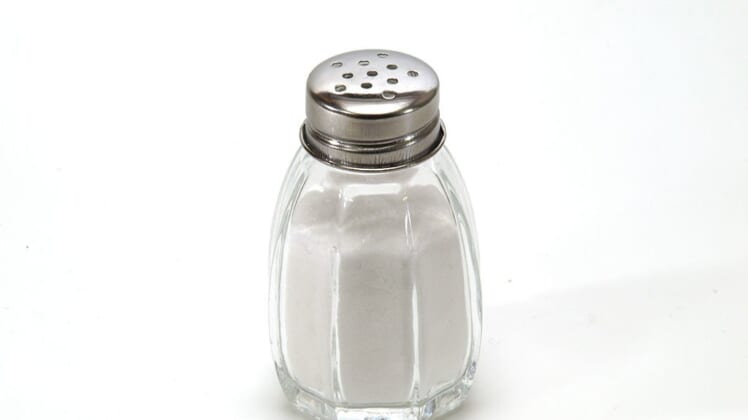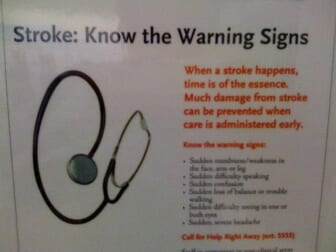
People love salt, especially in America. It adds flavor to tasteless meals, preserves perishable foods, and balances water and electrolyte levels in the body. Unfortunately, most people eat too much salt from processed foods. By doing so, they compromise their health in more ways than one.
Both health professionals and food industry leaders realize the necessity of lowering salt intake in America. On average, Americans consume around 3,300 milligrams of salt every day, and about 75 percent of this intake comes from processed foods. In contrast, the Food and Drug Administration recommends a maximum of 2,300 milligrams of salt per day.
In reality, people should actually switch their intake of sodium with potassium. For potassium, adults should aim for a whopping 4,700 milligrams, eating potassium-rich foods such as bananas, spinach, lentils, and tomatoes.
Most Americans only consume about 60 percent of the recommended potassium, leading to electrolyte imbalance and further stress on the blood vessels.

Hypertension: The Silent Killer
Salt Intake Guidelines
Recently, the FDA created a voluntary movement for food companies to lower the amount of salt in foods. In this fast-paced world, people want convenience foods, but they should still have control over their sodium intake.
The FDA’s new voluntary guidelines will give concerned food companies a shared target, lowering consumers’ salt intake nationwide. Many companies have already started efforts in this direction, and their customers are thanking them. Even consumers can join this movement, pledging to lower the amount of salt they consume every day.
In addition to the new FDA guidelines, researchers are changing their outlook on the effects that salt has on the body. During their study, the researchers tested two groups of 10 men by placing them in a controlled environment for over 100 days. The men ate the exact same diets, except for their levels of salt.
Surprisingly, the researchers found that the men who ate more salt actually drank fewer fluids. The salt caused their kidneys to hold onto water in the body and produce urea. This process actually increased the men’s hunger instead of their thirst. This research indicates that a person with a high-sodium, processed diet could greatly raise his risk of over-eating due to an increased feeling of hunger.
Sadium’s Effects on the Body
Many people don’t realize the huge negative effects that a high-sodium diet can have on their health. Too much salt causes strain on many bodily functions, including cleaning the bloodstream and pumping blood through the body.
When the body gets too much sodium, it must work harder to maintain safe levels in the blood, causing strain on the kidneys. At the same time, the body retains more fluid, leading to an increased blood volume.
In turn, the heart must pump harder to get the increased blood through the body. Finally, a person’s arterial walls thicken to deal with the raised blood pressure, causing them to constrict and compounding the strain on the circulatory system.

Stroke: Know the Signs, Save Lives
Salty Health Risks
If people consume too much salt on a regular basis, they risk getting high blood pressure and heart disease. According to one estimate, if Americans decreased their salt intake to only 1,500 milligrams per day, the US would see cases of high blood pressure decrease by 25 percent. Since high blood pressure is the leading risk factor for heart disease, the US would reduce the overall number of heart attacks as well.
In addition to hypertension and heart disease, a high-sodium diet can lead to osteoporosis. The high salt content causes the body to lose more calcium during urination. If a person does not consume enough calcium to make up for the loss, the body will start pulling stored calcium from the bones, making them weak.
Next, salt can damage the stomach lining, causing lesions if too much is consumed. These lesions can turn into stomach cancer if left untreated. Finally, the strain that a high salt diet puts on the kidneys can lead to kidney failure.
Although salt does provide some nutritional value, most Americans eat too much of it. Recent studies can even link a high-sodium diet to increased hunger, potentially leading to weight gain, among other health risks. Americans should focus on a well-rounded diet with more fruits and vegetables and reduce their salt intake for improved health.

